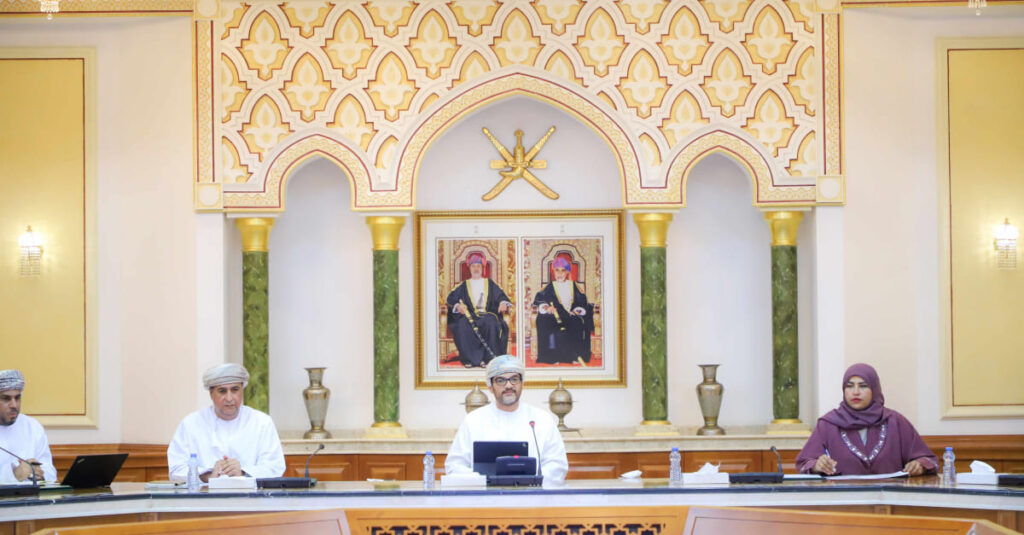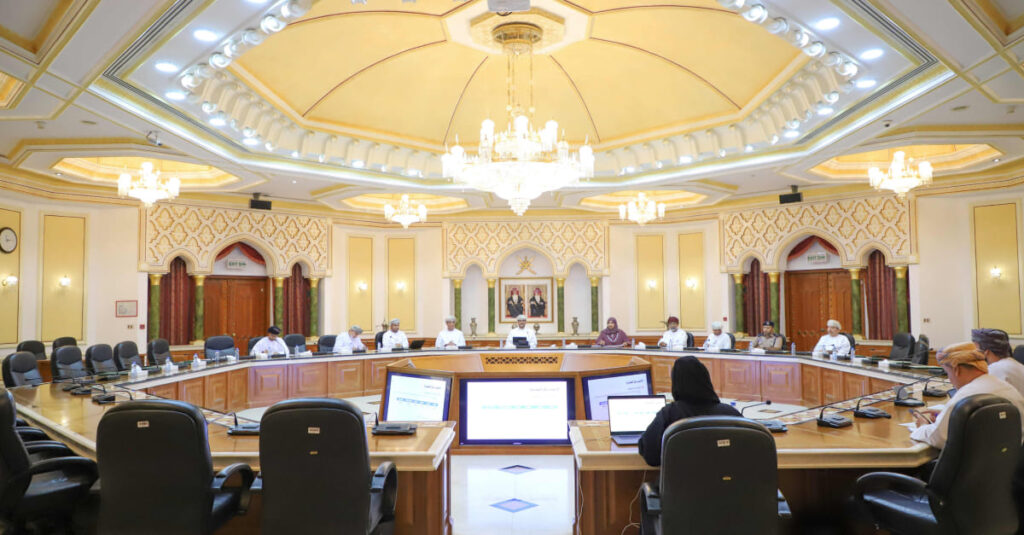
MUSCAT – A meeting was held this morning at the headquarters of the Muscat Municipality to review the work of the task force responsible for the investigation and control of the Aedes mosquito in the Muscat Governorate. The meeting was chaired by His Excellency Ahmed bin Mohammed Al Hamidi, Chairman of Muscat Municipality and head of the task force.
The meeting covered the results of the executive plan for controlling the Aedes mosquito for the 2023-2024 period and outlined the plan for 2024-2025. Officials from the Ministry of Health also presented the latest epidemiological indicators.The outcomes of the 2023-2024 plan highlighted a remarkable reduction in dengue fever cases, with a decrease of approximately 93 percent compared to the previous season. This success was primarily attributed to visiting 69,000 homes and establishments to eliminate mosquito breeding sites, significantly reducing the mosquito population. Additionally, 266 fixed swamp areas, covering 84 square kilometres in the Muscat Governorate were identified as key mosquito breeding grounds. These areas were mapped on an interactive platform to support vector control activities, and the transition to electronic data entry for control operations, using a dedicated mobile application, further streamlined efforts.

A vital feature of the upcoming plan is the focus on raising community awareness. Thirty-six awareness programmes were conducted in schools and hospitals, educating the public about the dangers of the Aedes mosquito. Additionally, knowledge-sharing initiatives with other countries were launched, including sending two staff members to Iran for a diploma programme in biological pest control in collaboration with the World Health Organization. Muscat Municipality’s success in controlling the Aedes mosquito was also showcased at an international conference in the United Kingdom, where it was praised for achieving a significant reduction in dengue cases at the NEW-IPM Emerging Opportunities Symposium.
Today’s meeting also discussed the 2024-2025 work plan, which will build on past successes, maintaining a proactive approach to mosquito control. The plan will prioritise areas previously affected by dengue outbreaks and engage the community, in partnership with government institutions, particularly educational bodies, to eliminate mosquito breeding sites.
Another innovative aspect of the plan is the deployment of smart mosquito traps to study mosquito behaviour and evaluate the effectiveness of insecticide spraying. Both electronic and non-electronic traps will be installed in parks, enabling automated control of mosquito populations without the use of insecticides, thus reducing the need for human intervention. Muscat Municipality will also provide training for pest control personnel through internal and external programmes, leveraging the expertise of other countries.
Muscat Municipality, through its General Directorate of Health Affairs and local municipalities, remains committed to curbing the spread of mosquitoes, mainly the Aedes species. Equipped with the latest technical tools and modern methodologies, the Municipality emphasises its dedication to protecting public health through its continued systematic and strategic efforts.

0 Comments